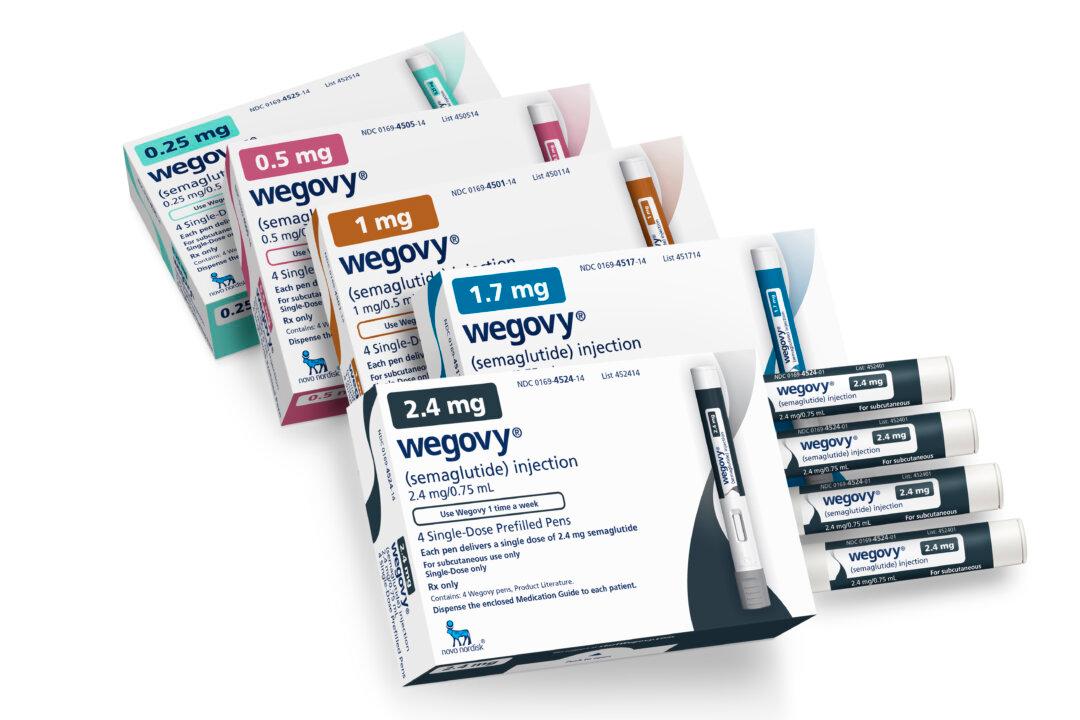Medicare will now provide coverage for the weight-loss drug Wegovy for patients at risk of heart attacks and strokes, the U.S. Centers for Medicare and Medicaid Services (CMS) said on Thursday.
This comes after the U.S. Food and Drug Administration (FDA) approved Novo Nordisk’s Wegovy for use to reduce the risks of life-threatening cardiovascular events in overweight or obese adults.





